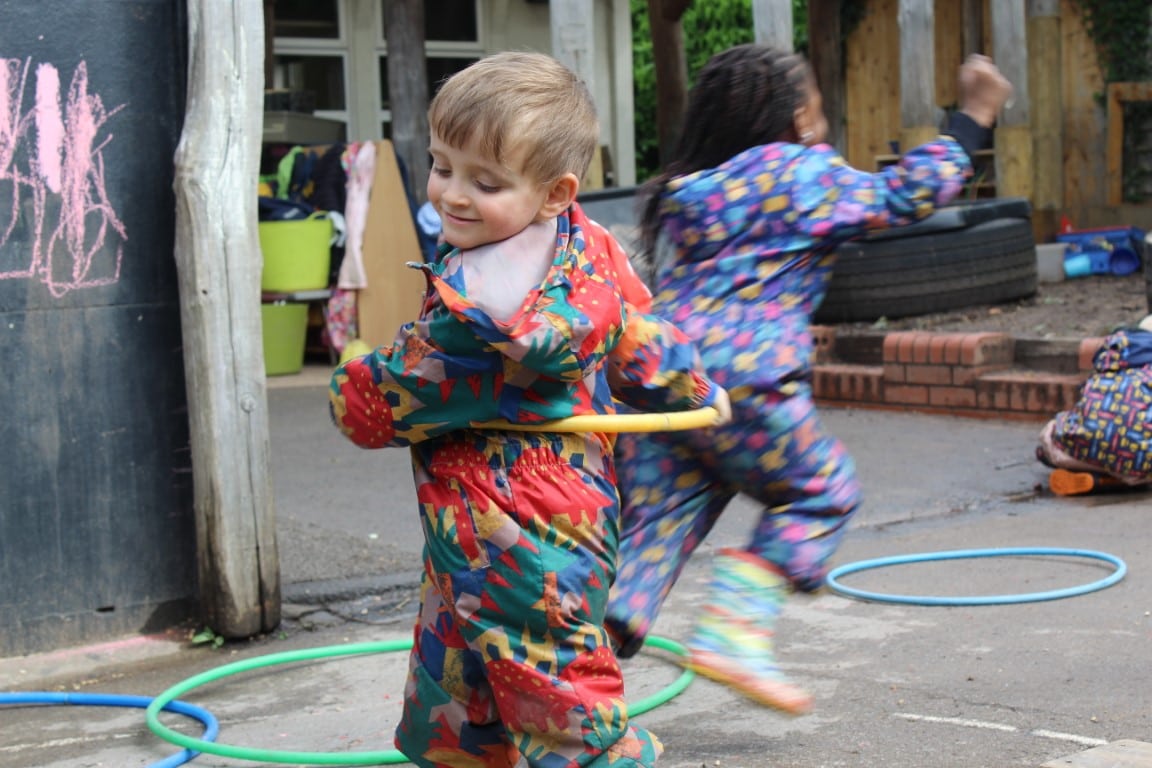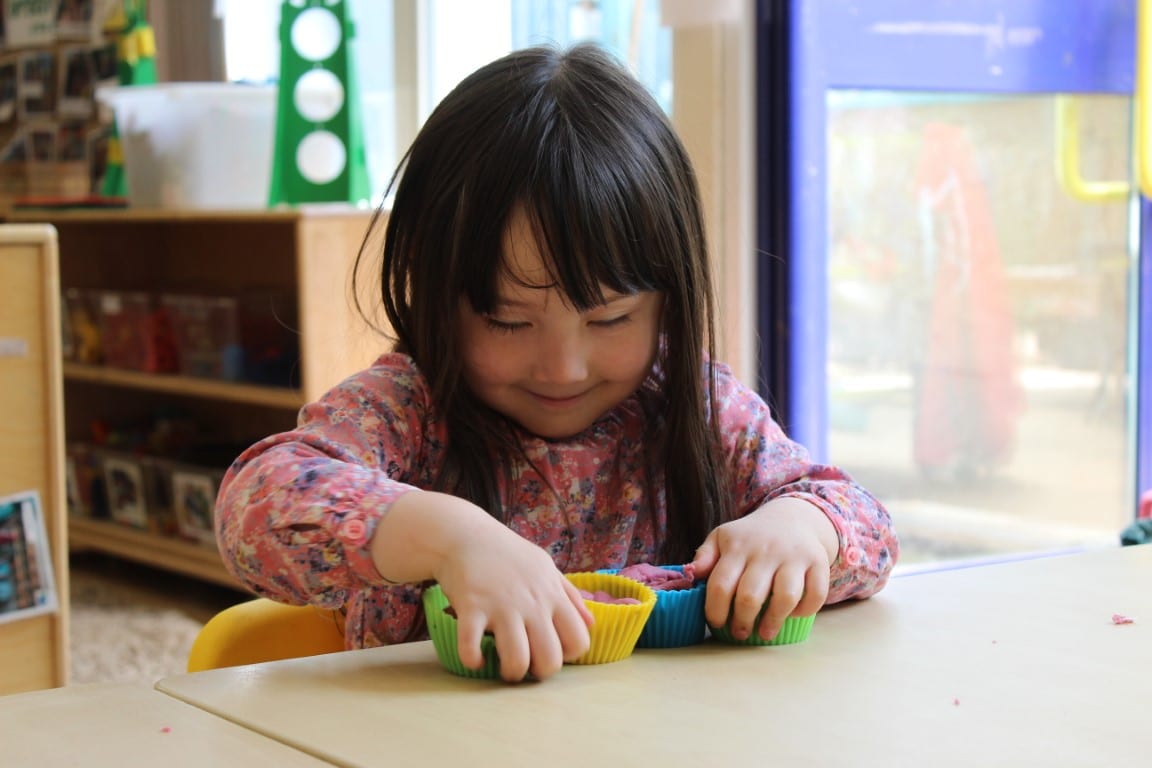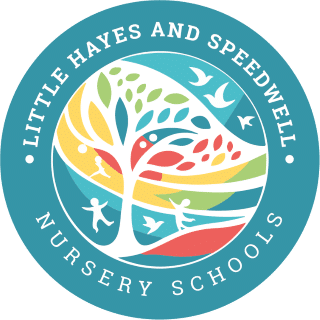Our curriculum outlines what we want the children to learn whilst they are at Little Hayes and Speedwell Nursery School Federation.
We recognise all our children and families are unique and bring a wealth of knowledge and experience from their individual family, culture and community. As a school we endeavour to positively celebrate this and build on these unique beginnings.
Our ethos is firmly rooted in play-based learning with trusted and knowledgeable practitioners purposefully scaffolding and extending opportunities for children to achieve their full potential.We believe that critical to a child’s wellbeing and success is learning to make friends and learn to be together in a group collaborating.
We invest in providing a wide range of opportunities to develop these skills.
Connecting with nature provides rich and joyful learning opportunities. Our fabulous purpose-built spaces enable us to ensure that all areas of our curriculum can be implemented both inside and outside every day.
Our curriculum is based on the Early Years Foundation Stage (EYFS) Educational Programmes.
- Communication and Language
- Personal, Social and Emotional Development
- Physical Development
- Literacy
- Maths
- Understanding the World
- Expressive Arts and design
The characteristics of effective teaching and learning also inform our curriculum delivery.
- Playing and exploring
- Active learning
- Creating and thinking critically

The breadth of our curriculum is guided by Development Matters and Birth to Five documents. This ensures we teach and give our children the opportunity to learn and remember the wide range of skills and knowledge needed for a firm foundation in early learning.
As a team we have identified seven curriculum goals to give depth and focus to our curriculum and support planning for creative and inspiring teaching.
Each curriculum goal incorporates a sequence of key skills that build and consolidate new learning enabling the children to learn and remember more as they progress through their time at nursery.
- I am settled at nursery; I can build secure relationships and learn confidently in a group
- I can use language (verbal and signs) in sentences to express my ideas and organise my learning
- I can use gross and fine motor movements with confidence, purpose and joy
- I can create and tell a story of my own
- I can use my mathematical vocabulary and understanding and apply it to solving problems
- I can notice and make sense of similarities, differences and changes in nature, my local community and the wider world
- I can use my own ideas to plan and respond creatively in a variety of ways


To inform teaching we have documented guidance for each area of learning that relates directly to our specific context, our core offer and to wider evidence based research into effective teaching strategies alongside the sequenced curriculum goals.For more information, check out the following links.
What to expect in the EYFS – Parent Guide
